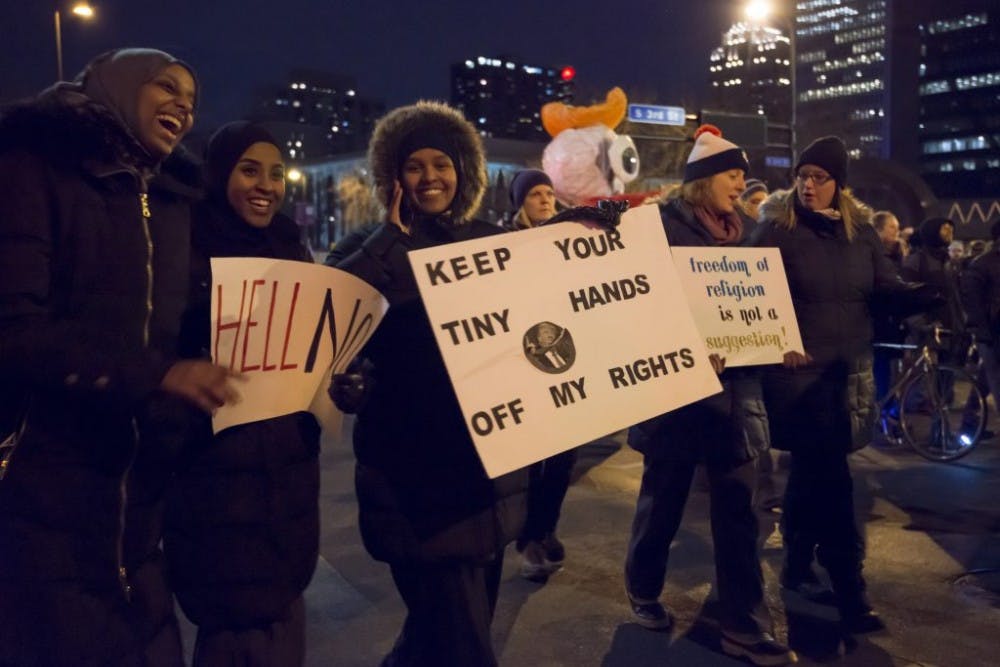Imagine coming to the United States as a baby, the adopted child of American parents. You grow up as an American. You never visit your birth country. You don’t speak any language besides English. Now imagine you’re adult trying to do something as routine as applying for a passport. Your application gets rejected. Why? Because it turns out you are not an American citizen. You never have been.
That’s the exact situation thousands of people adopted overseas are now finding themselves in. For decades, American parents adopting foreign-born children assumed that their children had automatically been granted American citizenship through the adoption process. Before 2000, however, that was not the case.
According to The Philadelphia Inquirer, which broke the news last week, the law was changed that year in order to accommodate a large influx of children being adopted from China, Russia and Guatemala. Per the Child Citizenship Act, all foreign-born children now automatically become American citizens during the adoption process. When it was enacted, the act also grandfathered in children who had been adopted before 2000 but only those under the age of 18. Thus, an estimated 30,000 adoptees were left in the lurch.
According to The Inquirer, some of the adoptees are legal residents who are seeking to obtain citizenship. But many, now in their 30s, 40s and 50s, live under the radar. They are afraid to travel outside the country, not willing to take the risk that they won’t be let back in, especially now, under Trump’s presidency. After all, despite being the children of American citizens, they have exactly the same legal status as undocumented immigrants and are subject to deportation at any time.
The fact that the gap hasn’t been addressed and corrected by any president in the past 17 years is a travesty. Talking about immigration can be divisive and complicated. But surely, we don’t actually need to debate whether the adult adoptive children of American citizens should really be considered Americans, right?
According to The Inquirer, a bill granting blanket citizenship to all international adoptees has already been presented to Congress but is stuck in committee hearings. The bill was drafted by the Adoptee Rights Campaign (ARC), an advocacy agency. Frustrated by the bureaucratic red tape, the group is currently working to revise the bill and present it using a “more aggressive strategy.”
ARC leader Angela Bennett herself was a victim of the Child Citizenship Act loophole, according to The Inquirer. She finally became a citizen this past fall, seven years after she discovered her undocumented status by accident and began the arduous legal process of applying for citizenship.
Another woman, Denise, who asked The Inquirer not to print her last name, lived in limbo for nearly 20 years. She was born in Vietnam and adopted by an American military family as the war was coming to an end. She grew up a soccer- and lacrosse-playing Jersey girl and discovered her status while applying to become a cop in Philly. She finally became a citizen last spring after spending almost her entire adult life in fear of being arrested and sent back to a country she had no memory of.
“The whole process has been so traumatizing and stressful,” she told The Inquirer. “Becoming a citizen has been the best thing that has ever happened to me.”
The federal government needs to fix this problem, and they need to fix it now. It is unacceptable that people who have grown up as Americans, the children of Americans, face deportation from their true home country just because they happen to have been born overseas before 1982. In an age in which the definition of being American is increasingly under threat along racial and religious lines, it is horrifying to think what could happen to the thousands of non-citizen adoptees if they are not granted citizenship soon.
If they are caught and deported, these Americans may never be able to come back, to see their families again, to live the life their parents traveled thousands of miles to give them. And there’s no reason why citizenship couldn’t be granted quickly. After all, Trump managed to bar thousands of people from entering the country within a week of taking office. Imagine if he instead focused those efforts on allowing thousands of international adoptees to stay.
Catherine Palmer is a Writing Seminars major from Norristown, Pa. She is a Managing Editor.

















